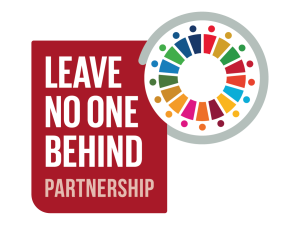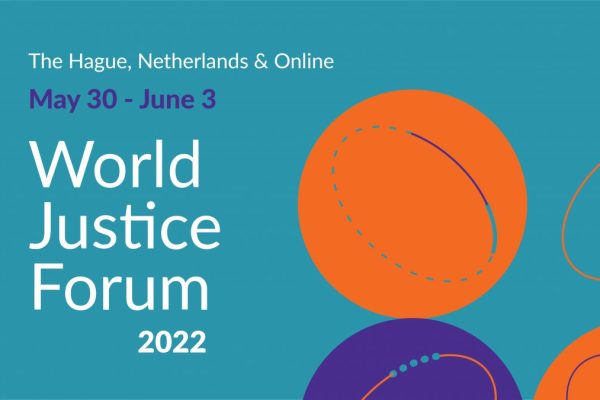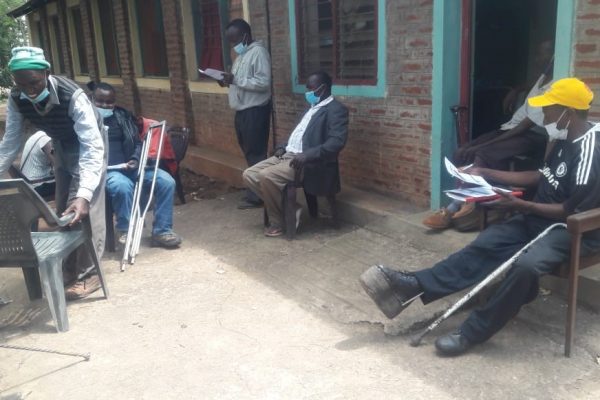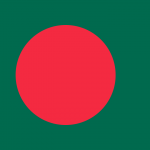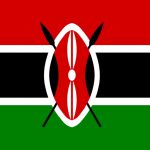Community-Driven Data as a Tool to Foster Equal Rights and Non-Discrimination
16 June 2022, by Chandani Lopez Peralta
On May 31, the LNOB partnership hosted a successful virtual working session at the 2022 World Justice Forum on community-driven data as a means to foster equal rights and non-discrimination. The session featured speakers from the partnership’s country coalitions in Nepal, Malawi and India. A community representative also shared his perspectives on the added value of inclusive data approaches for his community. The exchange was followed by a panel discussion among global experts on CDD around the theme ‘Equality vs. Equity’.
Listening to Marginalised Women to Get to the Root of India’s Health Crises
9 February 2022, by Davie Malungisa on behalf of the LNOB Coalition in India
The Leave No One Behind India Coalition’s 100 Hotspots project recently conducted community consultations to understand the impact of COVID-19 on five marginalised groups in India.
The findings underscore the need for the Indian government to urgently prioritize the needs of marginalised communities and to follow policy recommendations identified by the communities themselves, in order to leave no one behind in its implementation of the SDGs.
Trapped in the Intersection: Youth, Gender Inequality, and Discrimination in Surkhet District, Nepal
1 November 2021, by Davie Malungisa on behalf of the LNOB Coalition in Nepal
A recent report from the Leave No One Behind Consortium in Nepal has uncovered how gender discrimination continues to restrict access to higher education and vocational skills training for girls.
This set of obstacles intersects with poverty and caste discrimination to create a series of traps for many women throughout Nepal.
COVID-19 Wreaking Havoc on Bangladesh’s Poor: A Story of Food, Cash, and Health Crises
31 August 2021, by Davie Malungisa on behalf of LNOB Coalition in Bangladesh
This is the second story from our new series of articles, focussing on the work of our partners in Bangladesh. The article highlights the situation of ten marginalised groups in the country, including ethnic minorities (indigenous peoples), river gypsies, elderly people involved in begging, people living with HIV/AIDS, people living in hard-to-reach areas (char, haor, hills, islands, forests, etc.), sex-workers, and Dalits.
An Unequal Pandemic: Collaborative report on marginalised groups amidst the pandemic
13 July, by Peter Koblowsky
The report is a collaborative effort of the two networks of the Leave No One Behind Partnership and the Inclusive Data Charter, coming together as the “Civil Society Collaborative on Inclusive COVID-19 Data“. More than 20 CSOs representing and working with diverse marginalised communities engaged in this joint endeavour. The report harnesses the potential of data generated by communities and civil society organisations (CSOs) to create a holistic understanding of how people who have been marginalised have been impacted by the COVID-19 pandemic, their responses and resilience.
No more pushing us back! Towards Better Data By and For People with Disabilities in Kenya
08 July 2021, by Davie Malungisa on behalf of LNOB Coalition in Kenya
This is the first story from our new series of articles, focussing on the work of our partners in Kenya. The article highlights the situation of people with disabilities and how the Kenyan LNOB coalition supports their empowerment.
Data-driven inclusion of people with disabilities
20 October 2020, by Elizabeth Lockwood, Stakeholder Group of Persons with Disabilities for Sustainable Development / CBM
In response to the lack of information on how COVID-19 is affecting persons with disabilities, organisations have carried out their own surveys, with important implications for policymakers.
Invisible and Uncounted
15 October 2020, by the Indian National Network of Sex Workers (NNSW)
To protect the rights of those in stigmatized professions, we need data and evidence to articulate our status. Such data and information can only be gathered through members of the community, because none other than us know the kind of challenges we face.
